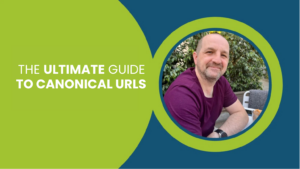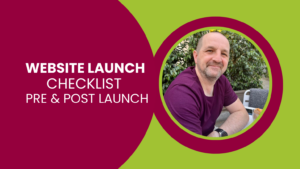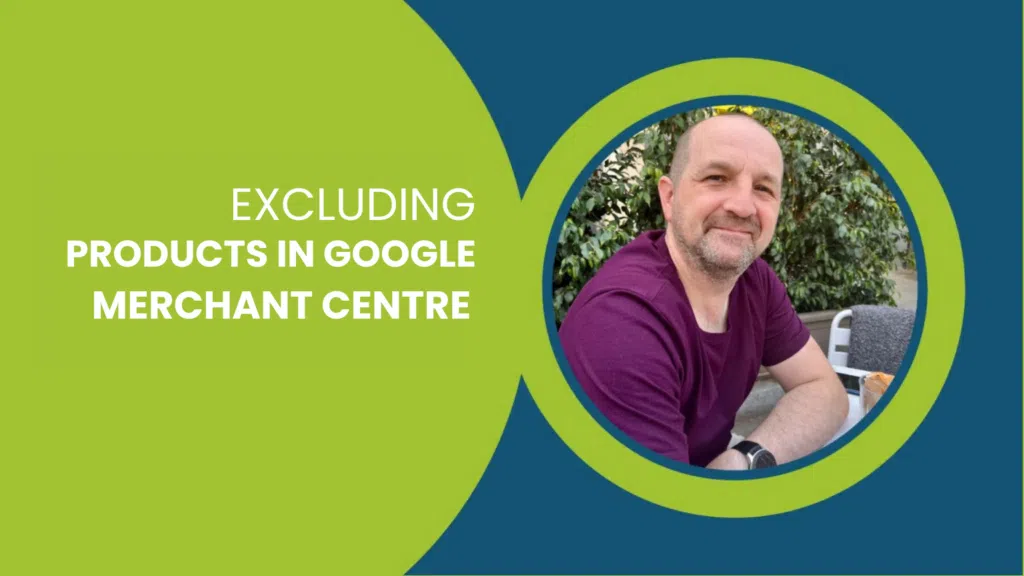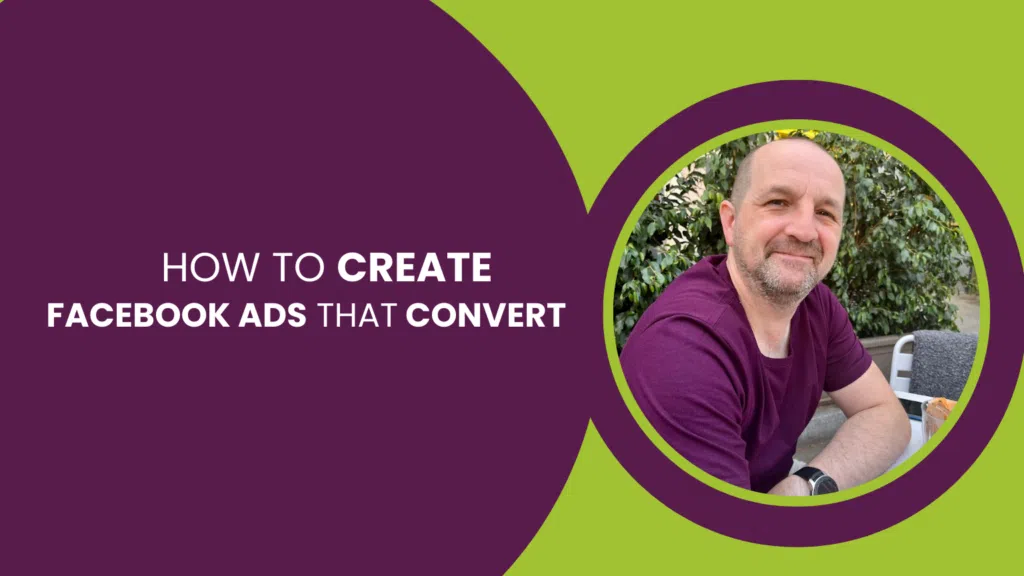Everyone in the digital marketing world knows that Google loves links. This SEO technique is popular among millions of businesses to rank above the competition. Unfortunately, with such a common practice, some myths have sneaked into the rumour mill, which could actually harm your rankings. This blog is your ultimate guide to debunking the worst link building myths. Let’s get started!
1. “Wikipedia and Wiki-pages are the secrets to building domain authority”
Due to the extremely high domain authority (DA) of 98, many marketers believe that gaining Wiki links will instantly improve their search rankings. This myth was debunked by Google’s Gary Illes who tweeted to say that Wikipedia pages are ranked by Google like any other website. This means you are not guaranteed to shoot to the top of the rankings by making a Wikipedia or an in-text link.
Wikipedia is ranked just like any other website.
— Gary 鯨理/경리 Illyes (@methode) December 16, 2016
2. “Internal links won’t rank you higher”
Whilst it is common knowledge that good quality external links are pivotal to the success of good ranking and visibility, internal links are also very important. Internal link building, the process of linking one page on your site to another, is effective in helping both visitors and search engine crawlers navigate your website.
With enough internal links, you can build an ‘architecture’, which will include a number of ‘topic clusters’ which is significant when a search query is made for a particular topic. The search engine will find relevant topic clusters from your website, your site will be considered an authority in this field and will rank higher than other sites with relevant single pages.
3. “You don’t need link building if you rank highly already”
It’s scary to think that some marketers still believe this. The truth is link building holds many advantages besides helping you rank higher. These include:
- Increasing traffic to your website
- Increases your Google TrustRank – how much Google thinks your website is authentic and relevant
- Helps improve visibility across the web
Link building should also be used to get new content ranking and to drive potential customers to your website, from external links such as social media or guest posting.
4. “Guest posting is no longer relevant”
Guest posting is creating a piece of content for a third party site. The content would traditionally have a backlink to your website or to a sales page. It is a great way to reach new readers, create brand awareness and gain backlinks from high authority domains. But do the exports still agree that guest posting is still relevant though?
The myth stems from 2014 when Google’s Matt Cutts said:
“Okay, I’m calling it: if you’re using guest blogging as a way to gain links in 2014, you should probably stop. Why? Because, over time it’s become a more and more spammy practice, and if you’re doing a lot of guest blogging then you’re hanging out with really bad company. So stick a fork in it: guest blogging is done; it’s just gotten too spammy.”
Recent SEO Blog Posts
He was later forced to clarify and agree that resourceful and relevant guest blogs, were a successful link building technique. This means guest blogs should complement the persona of the guest site and content should be engaging for the target audience.
5. “Links are forever”
When you are told that you will be given a ‘permanent link’, you should take it with a pinch of salt. Links can become lost or broken, removed or the whole website could be taken down. This means link building should be continuous to build a large number of links, so you can spare the ones you lose. Winning links on a wide variety of sites – that are of good quality makes it easier to build a large number of links.
6. “You shouldn’t ask for links”
There is absolutely no harm in reaching out and asking for links. Especially if your brand, services, campaigns or content has been covered by them. You should reach out to the webmaster, authors or journalists. You may be awarded a no-follow link (which doesn’t contribute to page authority) but this is still creating traffic to your website and brand awareness. There are many tools available that will track your brand mentions across the web so you can contact the most relevant and ask for a link to be added to the content.
7. “Relevance doesn’t matter”
Google’s John Mueller spoke out to debunk this myth by saying one good link from a relevant site is worth thousands of low quality, irrelevant links. Yes, that means it is very important to ensure the websites you are winning links on are relevant to your content. This way, you’re more likely to appeal to the third party site to have your link accepted, their target audience is more likely to read your content and Google will reward your content for relevancy and this will increase your visibility and domain authority. A lot of blogging sites that accept links now cover a wide range of topics from business to technology to lifestyle so it could be effective to try to adapt your content plan to fit into the categories of the target site.
8. ‘‘Quantity is better than quality’’
As previously mentioned, it is better to build less high-quality links instead of a huge quantity of low-quality links. Low-quality links come from sites with an abundance of ads, keyword stuffing and high levels of spammy characteristics. Although it may seem tempting to use these sites as ‘quick wins’, these links will have a negative effect on your own SEO ranking. It is better to find good quality websites with good domain authority and relevant content to link back to your own site. Although these may be harder to come across, they will be beneficial for your rankings in the long term.
9. “Google prioritises sites with higher backlinks”
The final myth to be debunked today is that Google will always prioritise sites with higher numbers of backlinks. Although this is a huge factor for Google, there are over 200 ranking factors including user experience, query intent and mobile usability that are also crucial to ranking highly in the search results. This means building loads of links to your site but neglecting the other ranking factors can cause your site to be penalised by Google and affect your rankings.
Summary
Link building myths have circulated in the marketing world about link building for many years now. From questioning the relevance of guest posting to bowing down to Wikipedia. This blog has debunked the common myths to help you look for good quality link building opportunities which will drive traffic to your website and boost your domain authority. Have you heard of any link building myths? Do you have some that need to be debunked? Let us know in the comments or @TeamTillison.










